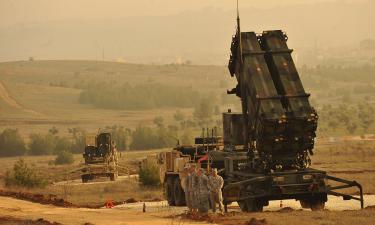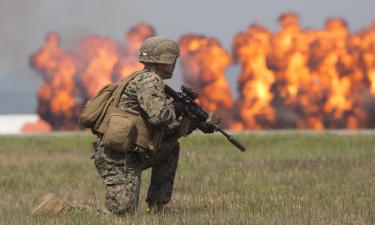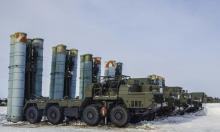Bosnia-based lab to collect blood samples
Blood collection teams from the International Commission on Missing Persons will be visiting Bosnians living in the United States to collect samples from family members of people missing since the wars in the former Yugoslavia, officials said Monday. The visit from November 29 to December 14 will be the first ICMP blood collection campaign in North America and will focus on 12 U.S. states, Vedran Persic, ICMP spokesman said.
More than 15,000 persons are still listed as missing from the 1992-95 conflict in Bosnia. The blood samples are needed for DNA identification of remains found in grave sites across the former Yugoslavia. In the past five years, ICMP has collected over 75,000 blood samples from family members of the 26,400 missing individuals from the entire region.
As DNA is used to trace genetic links with family members, samples are needed from several relatives of each missing person. The commission has already found DNA matches for 8,570 individuals.
Since many of them have moved abroad in the meantime, ICMP extended its outreach campaign last year to family members living outside the former Yugoslavia.
Identification of the missing, many of whom are still being exhumed from mass graves, would have been impossible without the use of DNA. In 1999, ICMP scientists revolutionized the use of DNA methods to identify large numbers of missing persons by building complex databases of DNA profiles of family members and of bone samples from exhumed remains.
The ICMP runs one of the most sophisticated DNA laboratories in the world. Its technique was used to assist in the identification of victims of the 2001 attack on the World Trade Center in New York and the December 2004 tsunami. The agency recently began working with authorities in Iraq to address the issue of missing people there, reports the AP. I.L.
Subscribe to Pravda.Ru Telegram channel, Facebook, RSS!





